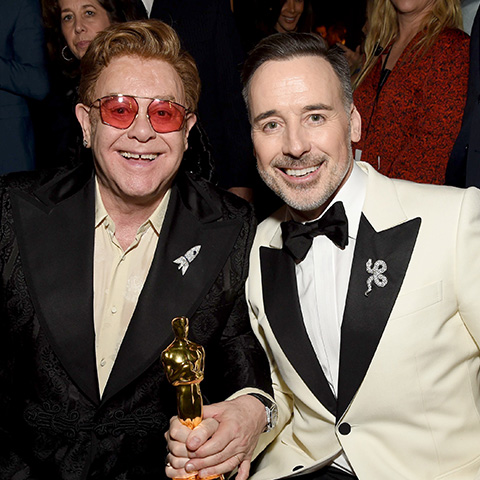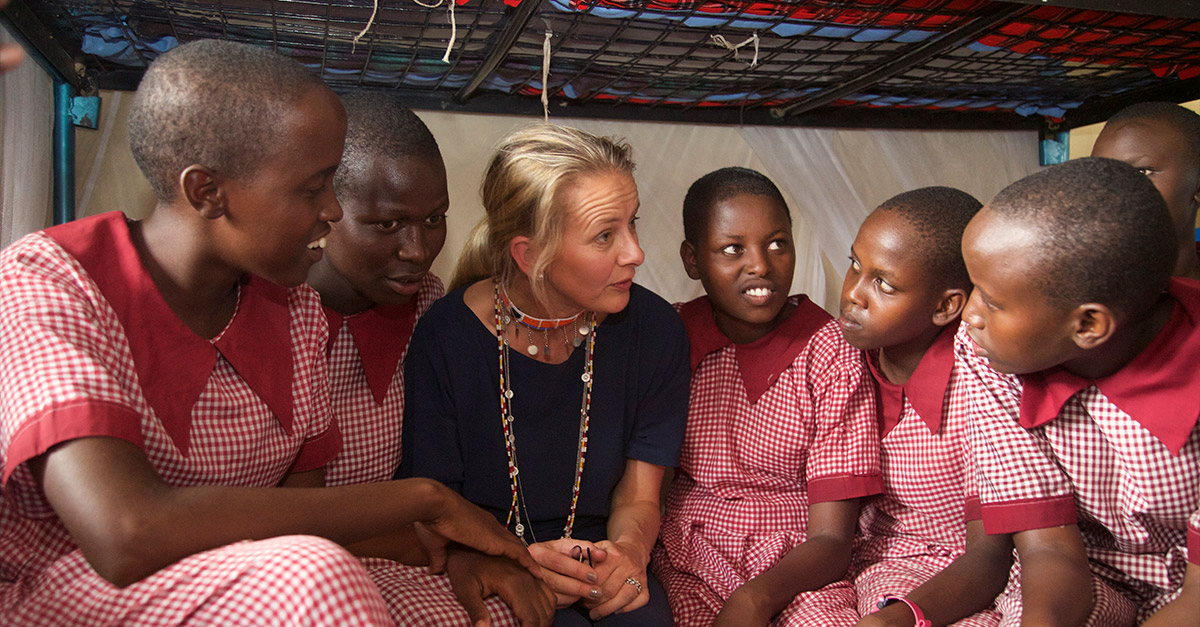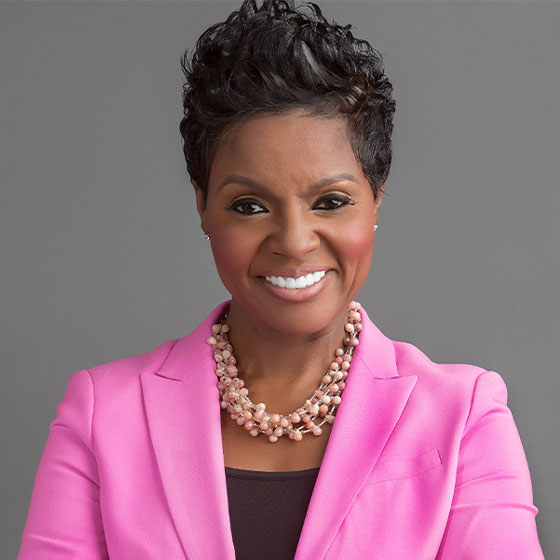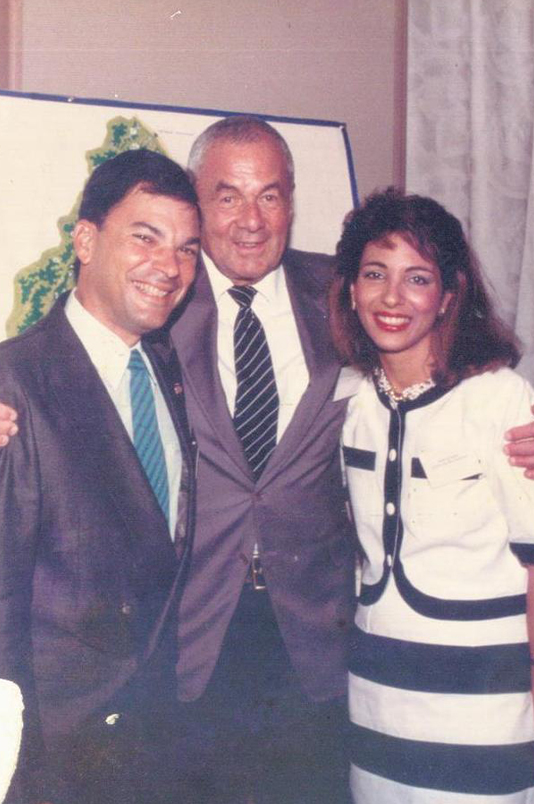
Ted Kheel and his associates had just acquired themselves a strip of paradise. The land that the Americans had bought consisted of 77.8 square km (30 sq. miles) of unspoiled rainforest and jungle at the easternmost tip of the Dominican Republic. It also included some 8 km of idyllic, palm-fringed coastline, whose azure waters were sheltered by vibrant coral reefs.
For all its breathtaking natural beauty, however, the domain around Punta Borrachón had few obvious uses. Not only was it remote but also inaccessible. The surrounding jungle was dense with no roads running through it, while the nearest town lay several hours away and the country’s international airport even farther.
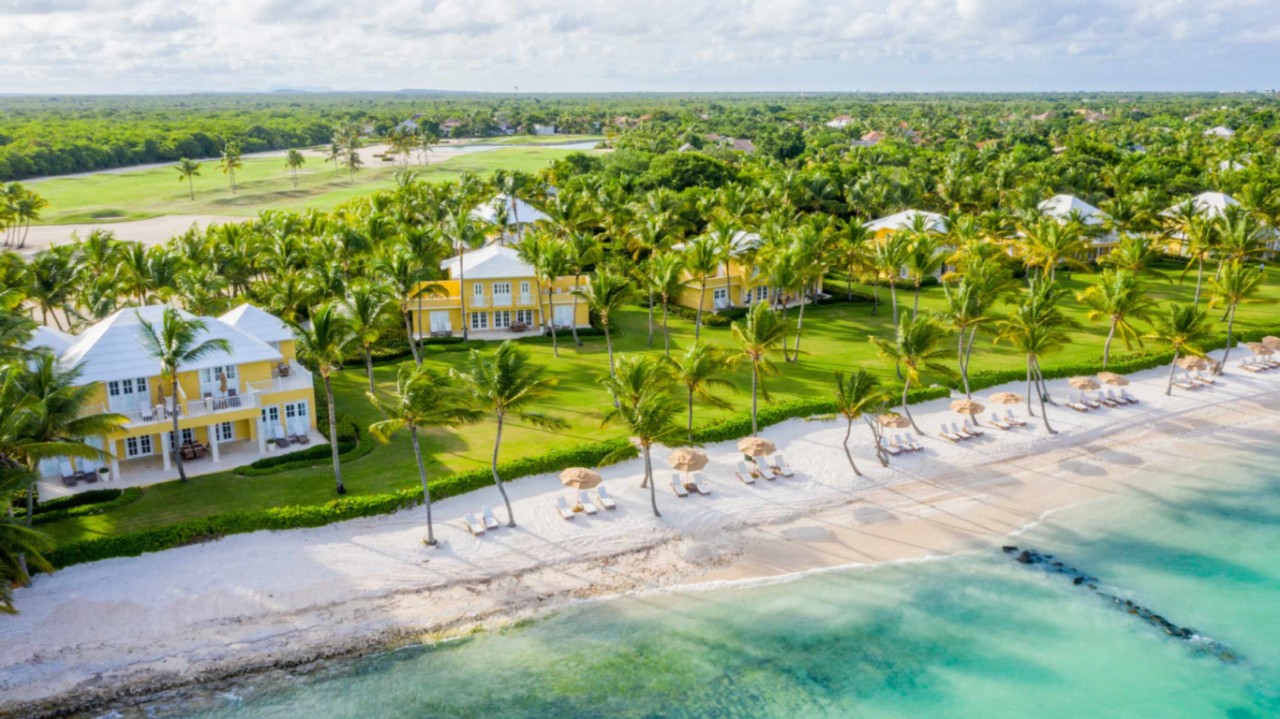
The new owners scratched their heads. A proposal to export the beach’s white sands to a tourist development in Puerto Rico was wisely deemed to have little chance of securing official approval.
And while some of the forestland could conceivably be cut down for wood, Ted and those around him had no experience of that business.
A much more promising idea came from a 24 year old Dominican entrepreneur, Frank Rainieri.
We didn't do feasibility studies or anything like that. We just relied on intuition.
It just so happened that I’d recently read an article about a tiny hotel being built at a fishing village on Mexico’s Pacific coast,
recalls Frank. Their plan was to shoot a movie there and thereafter to turn the hotel into a tourist destination. So, I suggested to Ted and the others that perhaps a small hotel was the way to go here. Although I didn’t reveal that my inspiration was something I’d seen in a magazine!
As well as the idea for a hotel, Frank proposed a change of name for the surrounding area. Punta Borrachón – which translates as Drunkard’s Point
– might not prove especially enticing to visitors, he advised. Ted and his associates agreed, and the district was reinvented as Punta Cana, named after a palm tree that grows widely in the region.
Frank had his reservations about the project. The prospect of switching his life in the bountiful capital city of Santo Domingo for isolation in the jungle was a daunting one. Simply working for someone else wasn’t all that appealing either. He thus drove a hard bargain with Ted: in addition to earning a salary, he wanted to become a partner.
Ted – who enjoyed legendary status in his native New York City as a mediator in the rancorous labor disputes of the era – reflected on Frank’s terms. I’ll tell you what,
the master negotiator finally said to the young man, if you can do what you’re saying you can do, on time and on budget, I’ll pay you stock on top of your salary every month. In five years’ time, you’ll become a full partner like the rest of us.
Despite enormous logistical challenges, work got underway. We didn’t do feasibility studies or anything like that,
says Frank. Instead, we just relied on intuition. I really needed a project coordinator, but the project wasn’t yet making enough money to hire an outsider. We were just putting everything back into the business.
I was teaching physics at a university at the time,
says Frank’s wife Haydée. While I loved the subject, I wasn’t making much money. Frank told me he needed an executive to oversee an expansion project and so I decided to join him in Grupo Puntacana.
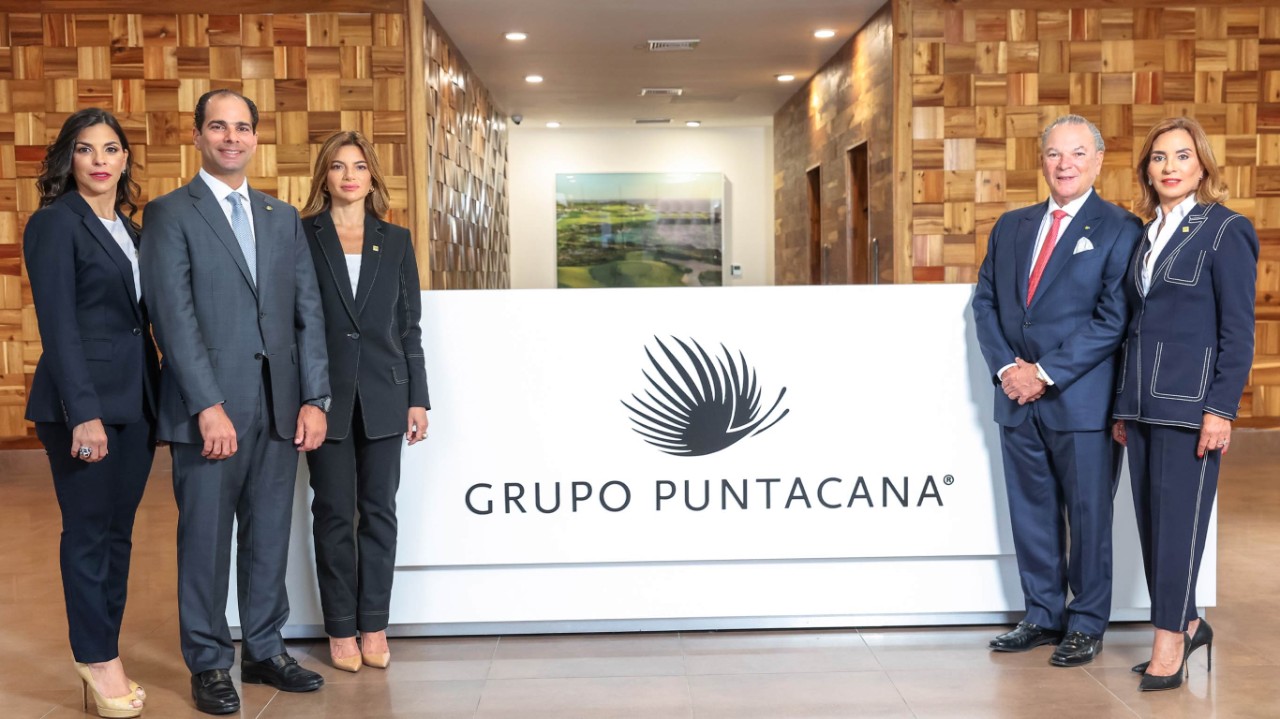
The Punta Cana Club opened for business on schedule in 1971. Consisting of ten beachside cottages and a clubhouse, it could accommodate just forty guests. The new resort was reachable only via small aircraft that landed on a dirt airstrip.
The new resort proved immensely popular with those who flew in. However, its isolation had many drawbacks, such as the lack of utilities and the difficulty of getting provisions to the hotel. Tourism grew over the subsequent years nevertheless. A joint venture with the French holiday operator Club Méditerranée was struck in Paris in 1978, after which work began on a major new resort in Punta Cana.
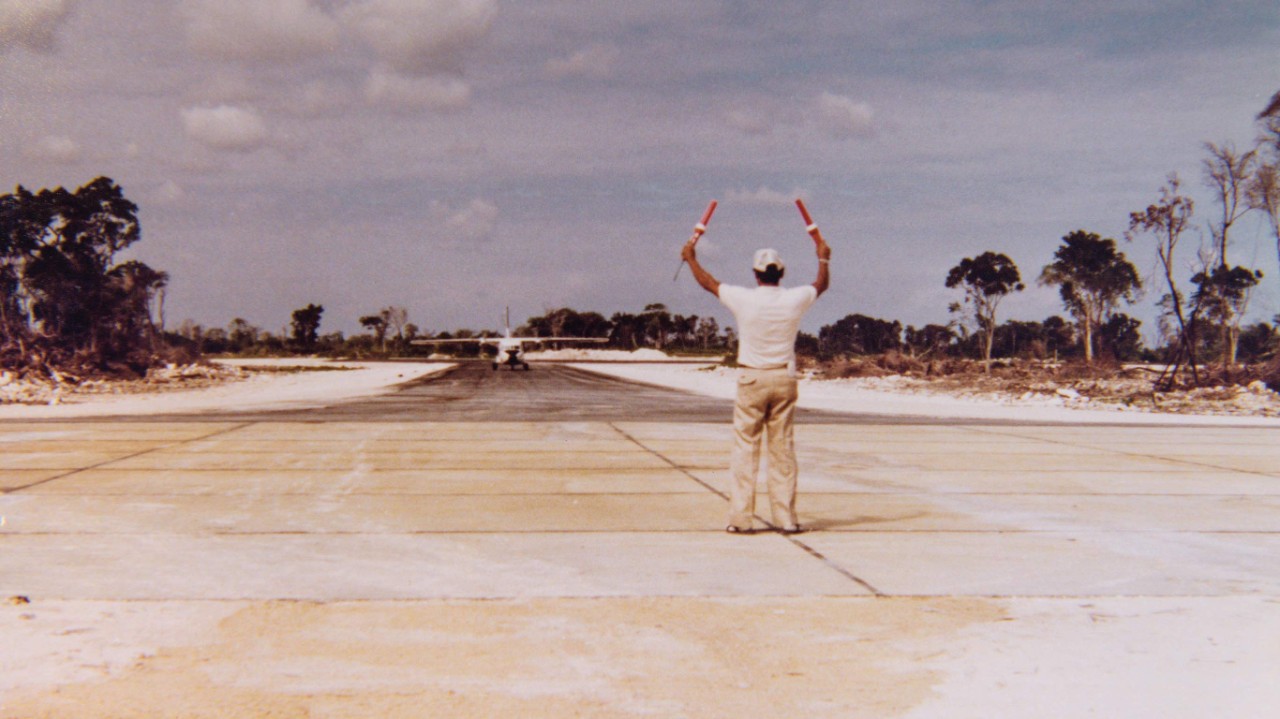
In 1981, the area finally got its first road, connecting it to the rest of the Dominican road network. What had previously been a six hour journey to the nearest town was now achievable in a quarter of that time. But while the new road was all well and good, Frank and Haydée knew that much more was needed to realize Punta Cana’s true growth potential.
For several years, Grupo Puntacana had lobbied the government for a license to develop an airport. The process was arduous and three different administrations had come and gone. In the end, our perseverance paid off,
says Frank. It was President Salvador Blanco who finally approved the application. We managed to convince him that it would cost the government nothing
Building an airport privately was a hugely risky undertaking. Attracting construction workers was far from easy: the remoteness of the site put many of them off. Frank’s backers told him bluntly that if the project went over budget, he and his partners would have to cover the shortfall. It felt like we were agreeing to put a noose around our necks,
he says. But we felt strongly that we could make it work.
Punta Cana International Airport began operations at the end of 1983, less than two years after work had begun. The terminal was rudimentary but tropically stylish, with locally sourced stone walls, pillars crafted from eucalyptus trees and ceilings lined with palm fronds. Rather than air conditioning, the building harnessed sea breezes to provide cooling. The first plane to touch down on the 1,500-meter (5,000-foot) runway was a twin-engine turbo prop from Puerto Rico. In its first full year of operation, just under 3,000 passengers would pass through the terminal.
While Frank and Haydée saw the potential of an airport right from the start, even they did not envisage the transformation that it has helped to unleash. Having begun life with ten beach huts, the Punta Cana area now has some 44,000 hotel rooms. More than eight million people a year pass through Punta Cana International Airport, which was named the best airport in its category in Latin America and the Caribbean for a sixth straight year in 2022.
Punta Cana makes a significant contribution to Dominican GDP, also bringing in perhaps a quarter of our nation’s foreign currency earnings,
says Frank. As a result, our home province of Altagracia has higher income per family and lower unemployment than any other part of the country.
Despite its prolific expansion, Punta Cana remains an unspoiled landscape.
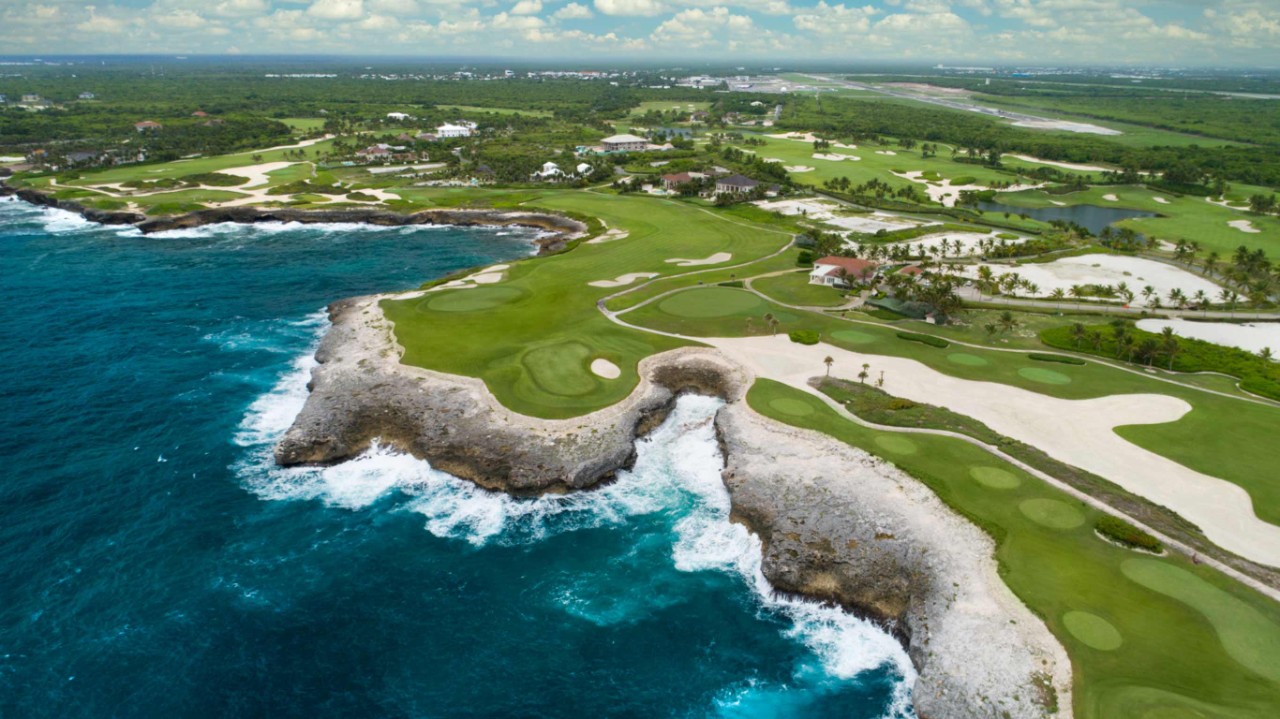
Sustainability is in our DNA and is key to our development,
says Frank Elías, who succeeded his father Frank as president and CEO of Grupo Puntacana in 2021. We’ve always known that tourists come here for an environmentally responsible experience of being close to nature, surrounded by birds and vegetation and enjoying our coral reefs.
To help protect and regenerate the region’s natural resources, the Grupo Puntacana Foundation was created. This nonprofit organization works alongside public and private sector partners on social and environmental challenges. Coral reef restoration, conservation of endangered local wildlife such as the Gavilán de la Hispaniola – and promoting ecotourism are just a few of its initiatives.
We’ve always been dedicated to seeking more than just economic value.
Embracing technology offers a further dimension to the company’s sustainability agenda. With the adoption of a new water system, Punta Cana is set to become the first town in the Dominica Republic that uses only reutilized water throughout its resorts and gardens. We’re also collaborating on a project to derive all of our energy from renewable sources,
says Frank Elías.
However, sustainability means more to Grupo Puntacana than looking after the rich, natural heritage on its doorstep. Not long after the resort’s creation, the company founded an elementary school to help educate the children of employees. We’ve always been dedicated to seeking more than just economic value,
says Haydée. Among other things, we’ve established a high school, a polytechnic school, a polyclinic, a pediatric center, a center for children with learning disabilities and a facility for the blind, all serving our community at heavily subsidized rates.
Grupo Puntacana is known for being a company that does things right,
says Francesca Rainieri, one of Frank and Haydée’s two daughters, who serves as Chief Financial Officer. We love and believe in our community and the people of this country. We express this by supporting them, investing in them and assisting in development. We don’t just think in terms of our employees but in terms of every Dominican citizen.
We have a deep family commitment to what we’ve built. We want our children to share in this, continue it and grow it.
Knowing that we can contribute to and impact our country positively gives us enormous satisfaction,
says Paola Rainieri, Chief Marketing Officer at Grupo Puntacana. The government can’t do everything when it comes to fostering development. Breaking the cycle of poverty, growing the middle class and empowering people to become agents of change is critical.
The Rainieris’ unity of purpose regarding sustainability has also shaped leadership succession within Grupo Puntacana. As Frank prepared to hand over to the next generation, he told his three children to decide among themselves which of them would succeed him. Frank Elías, Francesca and Paola went away on a trip together and talked it through.
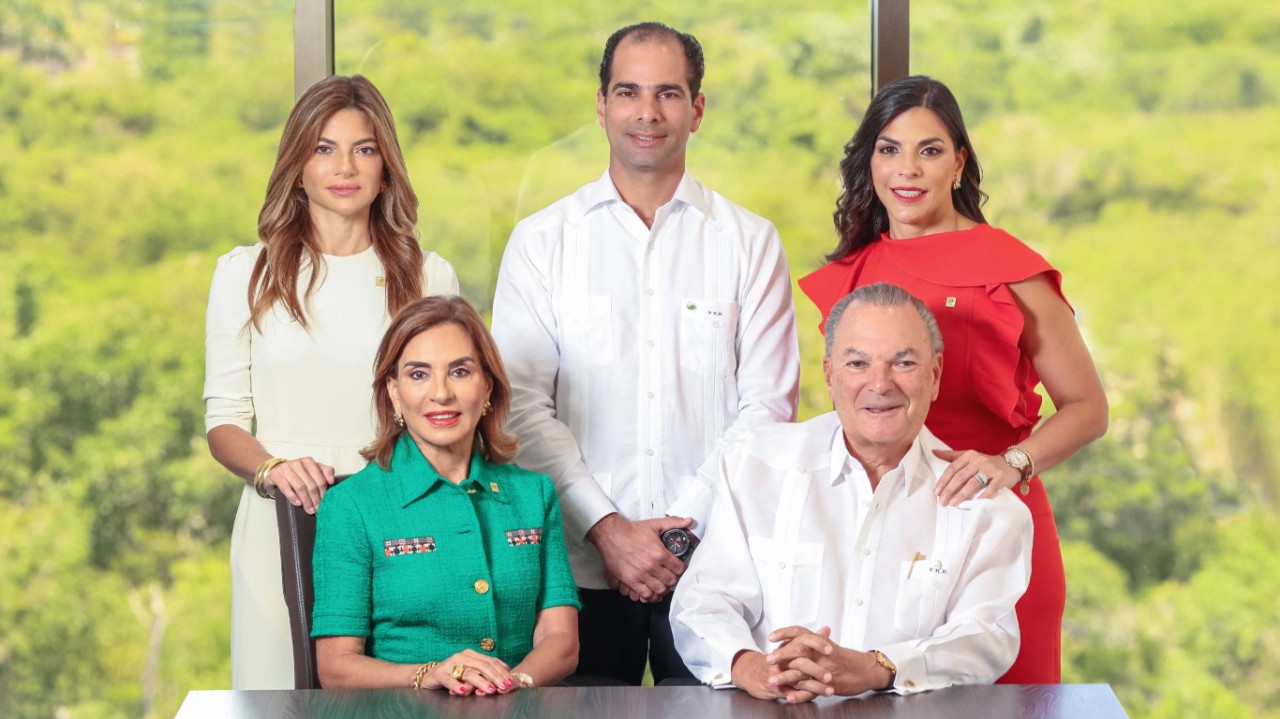
When we returned, we told our father that we had agreed that Frank Elías should be the next leader,
recalls Paola. Francesca and I felt that Frank Elías was the likeliest to be able to take the business to the next level. While we both thought that we would be able to maintain it perfectly well, we thought that his vision and natural instincts made him better suited to the challenge.
Despite the switch in generational leadership, Frank and Haydée remain very much on the scene. We are extremely fortunate that we can still seek our parents’ support and guidance,
says Frank Elías. In some family enterprise transitions, this isn’t possible because the founders simply aren’t around anymore. Our succession came at a very good time, when my sisters and I had acquired enough business experience but with our parents still able to offer their advice.
Part of the next generation’s ambitions for the business lies in overseas expansion. Given Grupo Puntacana’s forty years’ experience of operating a private airport, Frank, Francesca and Paola see promise in repeating the successful formula elsewhere. With our knowledge and record of efficiency, we’d like to seek airport opportunities in Latin America or other parts of the world,
says Frank Elías.
The vision for the future also involves transforming Punta Cana’s airport into a major international logistics hub. We are strategically located for both the US and Europe,
says Frank Elías. We want companies to establish a base to reexport goods from here. We envisage an entire aeronautical ecosystem, with a cargo logistics center and all the technical support that goes with it. Our ambition is thereby to bring new industries into the Dominican Republic.
While the second generation has only recently assumed the leadership, Grupo Puntacana’s longterm ethos means that thinking about the future is already underway. A third generation of Rainieris are coming of age and are gaining experience outside of the company before they join their parents. We have a deep family commitment to what we’ve built,
says Francesca. We want our children to share in this, continue it and grow it.
Preparation is key,
says Paola. We’ve told our children that if they want to work for Grupo Puntacana, they first need to have studied all the right things and also to have worked outside of our business for a couple of years. That experience of working for another company builds self-respect for when they join us and become bearers of the Puntacana dream.
The Rainieri family: Our lives
My grandparents came to the Dominican Republic at the end of the 19th century,
says Frank Rainieri. They were from Italy, but met in Bogotá, Colombia. They established a hotel there, but when revolution broke out, they sold up and moved to Haiti, then a land of opportunity. But on arrival in Port-au-Prince, they didn’t like it. So, they sailed onward to Puerto Plata on the north coast of the neighboring Dominican Republic, by which they were enchanted.

As a child, my father always taught me the importance of being independent.
As it happened, the city’s only hotel was up for sale, and they bought it. They ended up with two hotels in Puerto Plata and one in Santiago. My grandmother died not long after I was born, and none of the family wanted to continue the business, so the hotels were sold. But I suppose the tradition was in my blood.
As a child, my father always taught me the importance of being independent,
says Haydée. He died when I was only 17, so I had to take on many responsibilities when I was still quite young. My mother and I went to live with my grandmother, uncles and cousins. I wasn’t used to living with so many people, so I had to find ways to be alone so I could study. I never went to the school prom, which I thought was a waste of money when there were so many people living in need. I was working as a physics professor when I met Frank. We married soon afterwards, and here we are almost fifty years later!
My childhood in Punta Cana was a joy,
says Paola. I remember that first little hotel that our parents built, especially the fountain that had a turtle living in it, which I considered my pet. It was an idyllic time, with lots of horse riding and being around interesting overseas visitors and local people. Our parents were always working on so many different things and they always involved us children in what they did. Being involved has led to our becoming passionate about what we do, serving our community and our country.
Over the years, my upbringing and life experiences have taught me the value of patiently listening and working as a team toward a common goal,
says Frank Elías. Success is something that is achieved collectively. This means compromising and ensuring that the others know they are being heard. I think there are more advantages than disadvantages to being a family business. Family businesses are oriented to the very long term. We take decisions that aren’t just economic but also social and environmental. This builds trust with those who work for and with us, which creates unity around the business.
Whatever you do in life, you need to do it with love,
says Francesca. Nothing done with love is wrong, even if it doesn’t turn out well. Education is a driving passion for our family. We have helped create three vital establishments: the Ann & Ted Kheel Polytechnic School, the Caracolí Education Center and the Puntacana International School, which my own children attended. We want all our students to receive an education of the highest international standard.
Seeing positive results and knowing we are making a difference means everything to us.
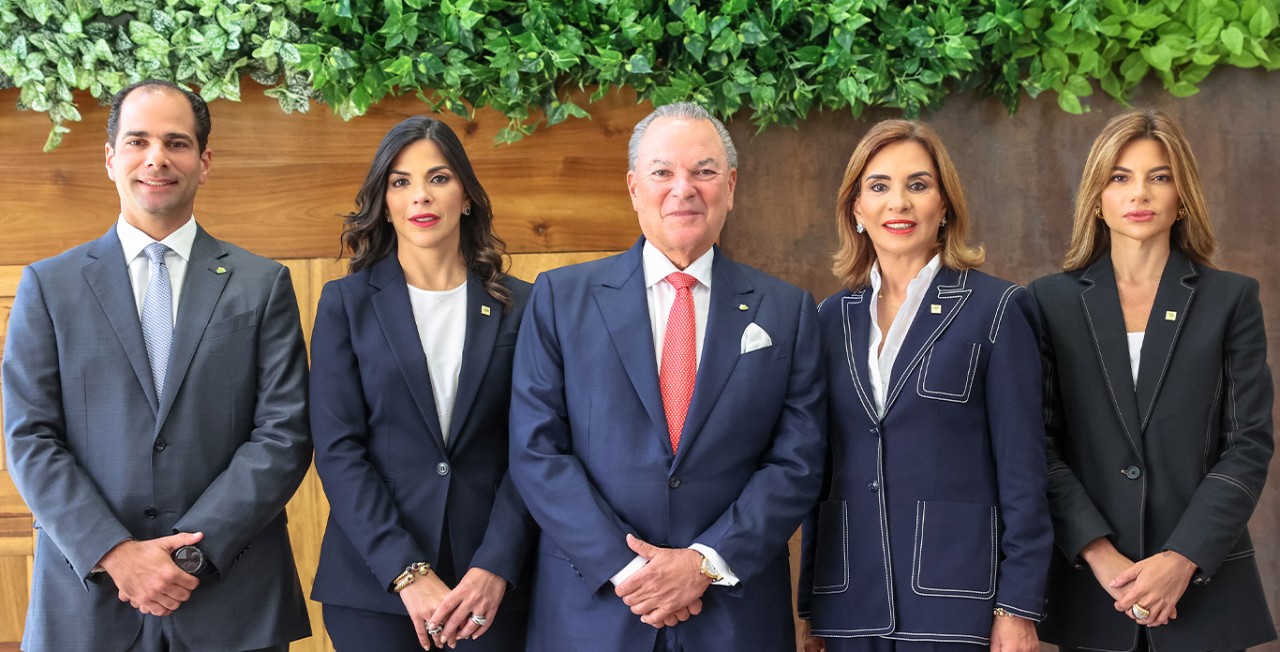
Having exposure to our business from a very early age allowed me to form a more globalized vision of the world, in an era before the internet and cell phones,
says Paola. Life in the hotel sector taught me the importance of creating na-tional and international relationships, to be com-fortable with changes and to work very hard.
I consider my greatest success in life to be my children,
says Haydée. But this accomplishment would not have been possible without the wonderful partner I have been so blessed to have had. I am also very proud of my grandchildren, who are very conscientious kids. They are like my children at the same ages, never simply thinking day-to-day and always showing great concern for others.
I am proud to be of service to others,
says Frank. It gives me great satisfaction to play a direct part in helping provide a good living for many thousands of people and enabling their children to have a healthy future. Seeing positive results and knowing we are making a difference means everything to us.
